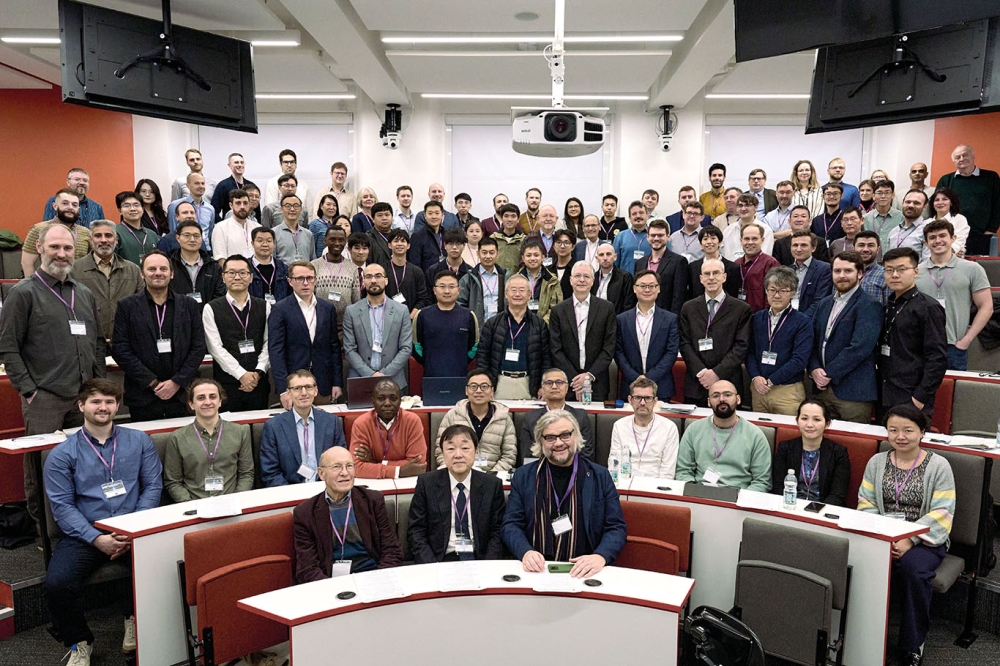In brief: JDSU, Microsemi, SemiSouth, Nichia, Seoul
JDSU goes dental with high-brightness laser
Laser maker JDSU has released its 2495-L3 808 nm laser diode, which it says provides the highest levels of brightness available on the market.
The Milpitas, California, headquartered company also says that the fiber-coupled diode's new chip technology delivers a reliable 4 W power output, twice that of its previous Nd pump-laser offerings, at low cost.
“The 2495-L3 series not only provides a more elegant offering for high-precision laser applications, it also opens the door for JDSU to participate in new markets,” said Alex Schoenfelder, vice president and general manager of JDSU s Integrated Photonics business unit.
According to the company, 808 nm lasers are increasingly being used in dental and medical fields, for example as a treatment for diseased gum tissue that does not disturb surrounding healthy tissue.
Microsemi and Semisouth ink SiC deal
Diversified semiconductor device manufacturer Microsemi has strengthened its SiC manufacturing capability by entering into a wafer supply agreement with Semisouth.
Irvine, California based Microsemi will also participate in technical exchanges with Semisouth, which specialises in SiC epitaxy and electrical component production at its Starkville, Mississippi fab.
“Microsemi s requirements for SiC wafers will grow in the future,” explained Russell Crecraft, Microsemi power products group vice president, “and we expect this agreement will help Semisouth's talented team of engineers to continue their progress towards highly manufacturable silicon carbide epitaxy.”
Nichia calls legal truce with UK store group
The legal battle between Japanese LED pioneer Nichia and the UK retailer Argos has ended with the two companies entering an “amicable” business arrangement.
According to Nichia, Argos has agreed to make a payment to settle the suit resulting from its marketing of products infringing Nichia s patents.
Nichia claimed the Asian-made products, which included Christmas lights, infringed its European patents EP0952617, EP0622858 and EP0936682.
The last recorded activity in the UK court case saw Argos winning its appeal for the disclosure of a number of Nichia s documents surrounding the LEDs in question, beyond these patents.
This decision was made on July 19 by three appeal judges, who voted 2:1 in favour of Argos. The dissenting judge pointed out that the decision would rack up the legal costs in the case, which must have helped bring Nichia to an out-of-court agreement.
Taiwan upholds Seoul Semiconductor patent validity
Seoul Semiconductor has successfully defended one of its white LED patents against a legal attempt to invalidate it, made by its Taiwanese rival Advanced Optoelectronic Technology.
The ruling is the latest in a dispute over a method which AOT has been using since 2002, which a Korean court agreed infringed Seoul s patents in August 2005. Following this, AOT has unsuccessfully tried to invalidate Seoul s patent in Korea in November 2006, and now in Taiwan.
At the same time, Seoul Semiconductor has won two other patent cases against Korean companies, also relating to its white LED technology.
Although Seoul says it is targeting most possible applications for white LEDs, it particularly emphasises that the total market it is addressing in cellphone handsets is expected to reach a size of $760 million this year.































